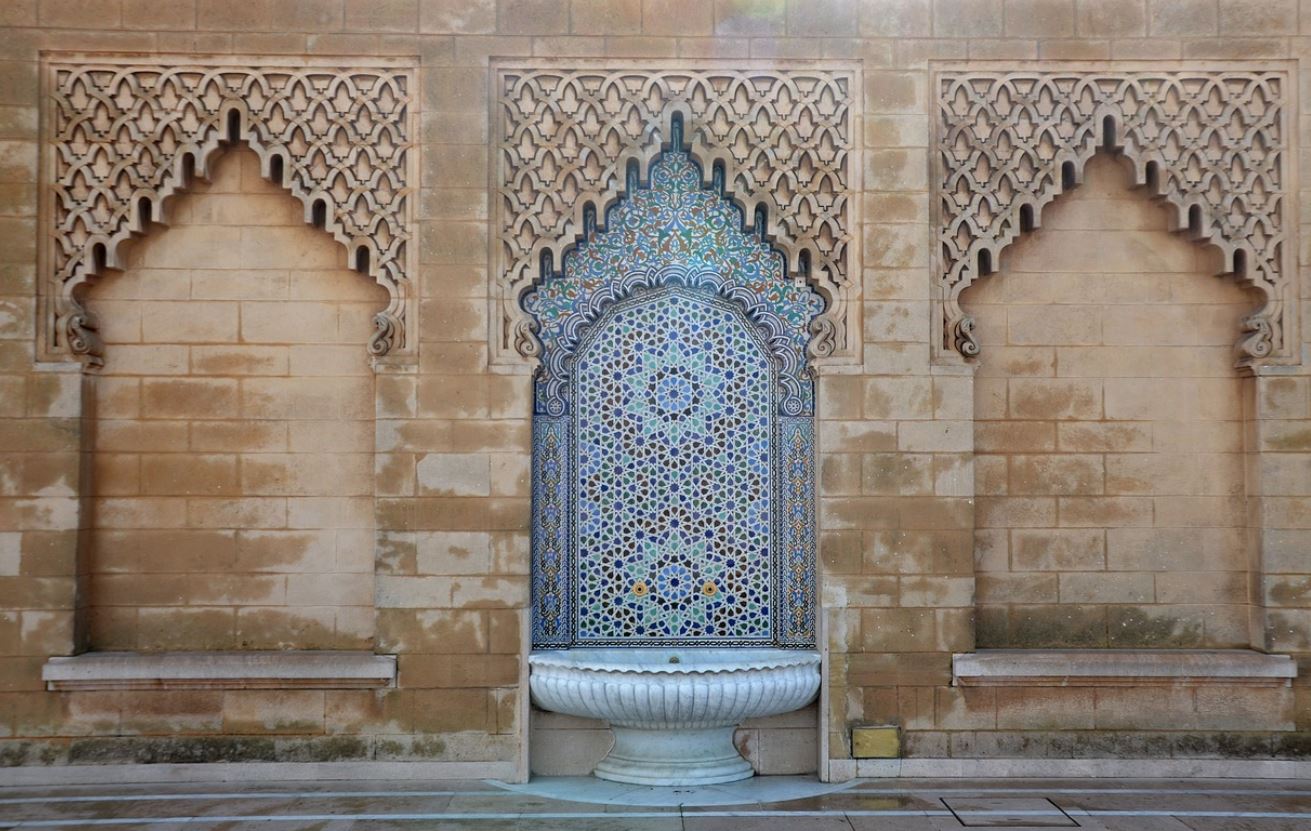WHO Nutritional Guidelines for Holy Ramadan
- Updated on: Jul 29, 2024
- 3 min Read
- Published on Apr 23, 2019

“There is evidence to suggest that fasting can have positive effects on your health”, says WHO guidelines.
Dietary Recommendations for the Holy Month of Ramadan
In the month of Ramadan, people have guests or are hosted by others. Visits around meals are quite common. This includes meal that breaks the fast in evening, which is rich with all the best food items.
People fast during the day, and are generally awake and eat during the evening hours. Many people do not go through a physical activity, which may result in weight gain. People with specific conditions like diabetes may have to be careful.
By following certain practices you may be easily able to maintain a good health as well as benefit from the one month of fasting that has proven benefits.
The recommendations from WHO guideline manual are summarized herein:
- Drink plenty of water during Ramadan. The high temperature will make you perspire more. It is important to drink fluids to replace what you lose during the day. Drink at least 10 glasses in a day.
- Eat hydrating foods such as watermelon, melon etc.
- Use green salad which contains plenty of hydrating cucumber and tomato.
- Avoid caffeinated drinks such as coffee, tea and cola. Caffeine can make you urinate more often, which may cause dehydration.
- Foods rich in water such as soup or fresh vegetable salad are a good option.
- This year, Ramadan falls on long hot days. On an average, people fast between 15 – 16 hours a day. When temperatures are high in noon, it is particularly necessary to remain in a cool and shaded place.
Improve Your Energy Levels With a Balanced and Healthy Diet
- Traditionally people eat break their fast with dates. Dates are a healthy way to begin iftar. They are an excellent source of fibre.
- Add plenty of vegetables in your plate to provide vital vitamins and nutrients.
- Choose whole grains, which provide the body with necessary energy and fibre.
- Grilled or baked lean meat, skinless chicken and fish, are good sources of healthy protein.
- Avoid fried and processed foods that are high in fat or sugar.
- Avoid too many sweets after your iftar meal. The recommended sweet is cold water-containing fruit, such as watermelon/melon or any other seasonal fruit.
Example of a Good Iftar Meal
- Home-made vegetable soup (not from packaged ingredients)
- Green salad, or other vegetable salad of choice
- Stuffed vegetables
- Baked chicken breast
- Plenty of fluids
- Hydrating Fruits
Do Not Skip Suhoor
Suhoor is the meal that people take before the beginning of the fast every day. This meal, which constitutes a light breakfast, should not be skipped.
- It is recommended to eat Suhoor and it should include vegetables, a serving of carbohydrates such as bread made from whole wheat, protein-rich food such as dairy products and egg.
- One should try to avoid the consumption of foods rich in fat, especially fatty meats, foods made with puff pastry, or pastry with added fat or butter. Avoid frying. Instead, it is recommended to use other methods of cooking, such as steaming, cooking in sauce, baking etc.
- Avoid foods containing large amounts of salt.
- Eat slowly, and in small amounts appropriate to the needs of each person. Big meals can cause heartburn and discomfort.
- Try to move as much as possible and to be active in the evenings.
Example of a Good Suhoor Meal
- 2 slices of bread
- Vegetable omelette or hard-boiled egg
- Sliced vegetables
- Cheese with olive oil
- Herbal tea
- Adequate amount of water
Fasting With Diabetes and Hypertension
- People with type 1 diabetes may be advised not to fast. People with type 2 diabetes and hypertension who have their conditions under control, either through diet or medication, may be able to fast. They should consult their doctors as needs be.
Fasting during pregnancy and breastfeeding
- Pregnant women and nursing mothers should refer to their doctor advice for fasting in Ramadan.
Learn More About the Holy Month of Ramadan
Ramadan is the ninth month of the Islamic calendar. Muslims observe fasting from daybreak to sunset during this month. Fasting is a worship in the Islamic faith and is one of the five spiritual pillars of Islam.
The purpose of fasting can be understood from the verses of Holy Book Quran. “The month of Ramadan is the month when the Quran was sent down as guidance for mankind with clear proofs of guidance and the criterion by which to distinguish right from wrong.” (Qur’an 2:185)
The Arabic word for fasting is ‘sawm’ which means abstinence and restraint from desires – keeping oneself away from all kinds of distractions, including basic needs, for a temporary period of time.
The main purpose of fasting is going through the Quran with complete focus and dedication. This is an extremely serious study. Believers are required to keep away from all other activities, and concentrate their minds totally on the study and practice of the Quran.
The month of Ramadan is a month of self-training. It serves as a month of introspection in the light of Quranic teachings. The Quran helps people examine their deeds and differentiate the right from the wrong.












